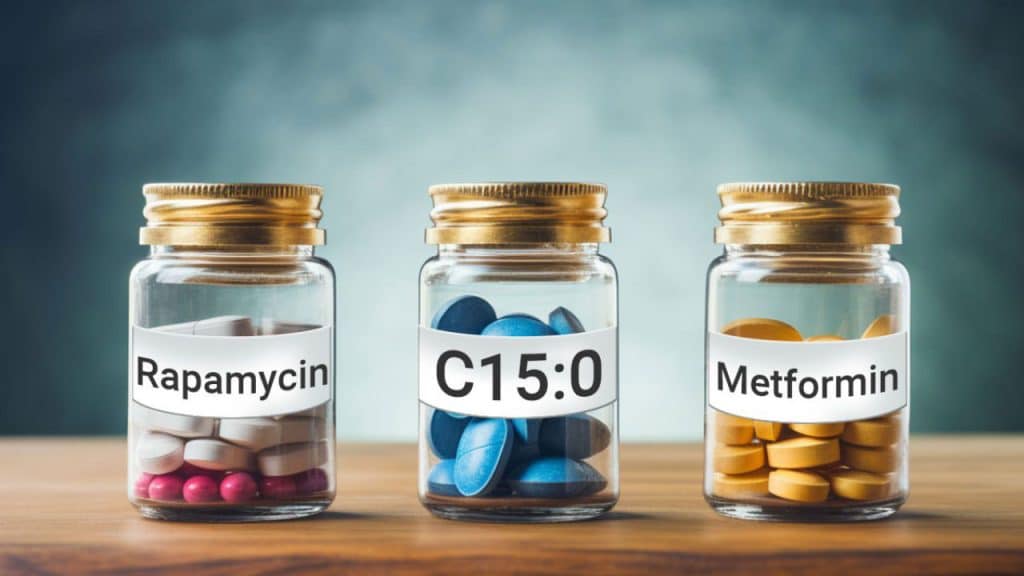Fatty acids… You’ve probably heard of them. They get mentioned a lot in wellness circles, but if you don’t know what they’re all about, the mention of “fat” may have you scared. No nutrient is as demonized as fat, despite all the important roles it plays in the body. In the case of one particular fatty acid, C15:0, a new piece of research suggests it may even be able to boost our longevity (https://longevity.technology/news/fatty-acid-c150-throws-its-hat-into-the-longevity-therapeutics-ring/).
We absorb C15:0 from our diet, mostly through dairy products that use whole fat. You know that milk and cheese and yogurt that you’re always being told to avoid because they clog up your arteries and mean you could have a heart attack at any minute? Yeah, that stuff. Apparently, even saturated fat can have some benefits in the right amounts. Also, it’s not only in dairy; there are fish and plants that can provide it too.
The study looked at C15:0 in comparison to two much more established compounds believed to improve longevity, rapamycin and metformin, and they found some very favorable results. Like rapamycin, it may have some anti-inflammatory properties, particularly around the MCP-1, HLA-DR and VCAM-1 markers, with the potential to reduce or at least alleviate conditions ranging from heart disease to cancer, as well as the more general chronic inflammation associated with aging. In ten of 12 cell systems, C15:0 and rapamycin share 24 notable cell-based activities.
As for comparisons to metformin, they have 11 cell-based activities in common. Again, this includes an impact on inflammation, which might be why it’s also an effective diabetes medication. Another aspect relevant to both diabetes and longevity is how it influences metabolic regulation, and with it our energy levels. Metformin also plays a role in our fibrotic processes.
C15:0 isn’t just associated with improved longevity in the general sense. The paper suggested possible specific connections with cardiovascular health and liver health. The inhibition of mTor, which plays a big role in aging, may have implications for Alzheimer’s research. Then there are a whole bunch of other, wider impacts.
This is only one study, and it was conducted using the BioMAP Diversity PLUS system by someone with a vested interest in C15:0 and its potential as a supplement, but it’s definitely worth further exploration. Could C15:0 be the next big thing in longevity supplements? Let’s keep following the evidence!




